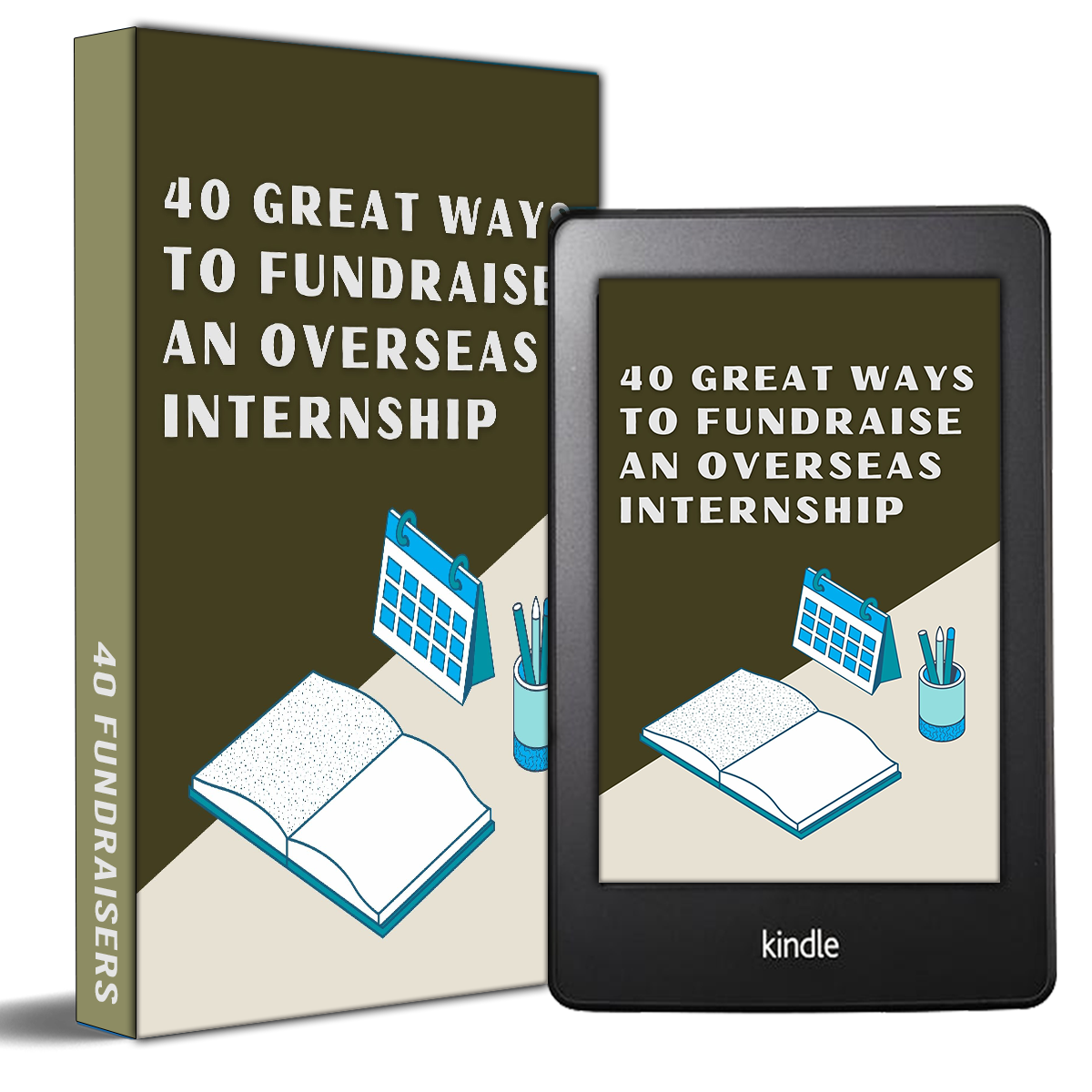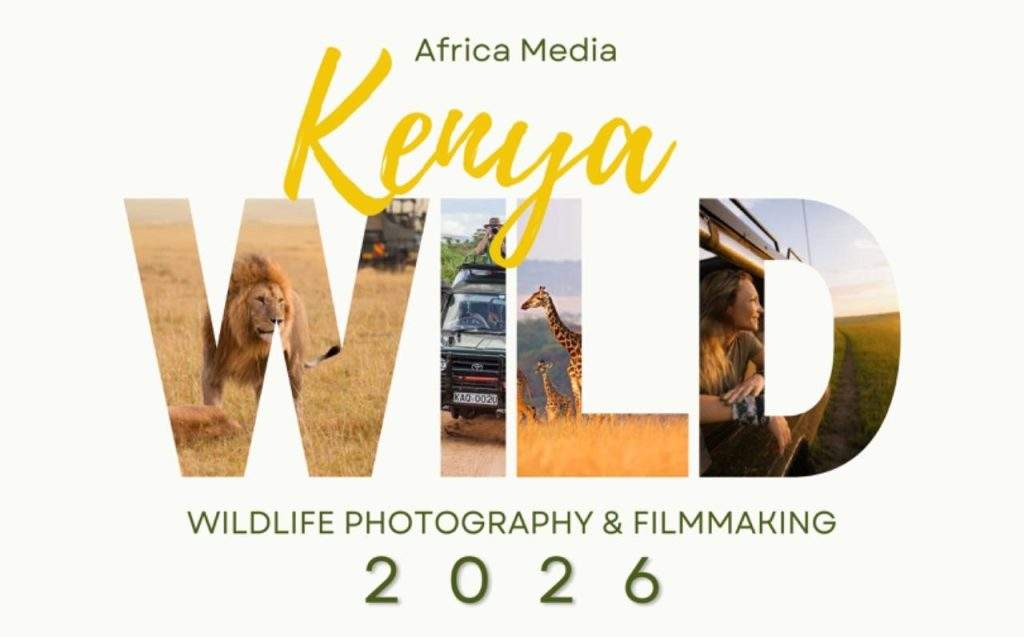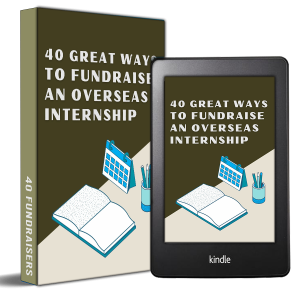
Trials of a Travel Writer – Interview with world renowned travel writer Fiona McIntosh
May 2016 environmental and travel journalism intern Sarah-Beth Graham ponders the great advice for aspiring writers that she took from her interview with the legendary Fiona McIntosh in Cape Town.
Travel writing is something that has always interested me. Being able to see the world and writing about fun adventures. What better way to make a living? When I decided I wanted to become a journalist I knew that I wanted to combine my passion for conservation and travel; photography, and writing. But, what I didn’t know, is that the life of a travel writer isn’t as glamorous as it seems. Fiona McIntosh is a travel writer, online magazine editor, and a published author. As an aspiring travel writer I was lucky to be able to sit down with her in hopes of getting some advice. McIntosh has been working as a travel writer since 1998 and now lives in Cape Town, South Africa with her husband, Matthew. However, travel writing isn’t her first love.
“He was a banker on a two-year contract and I was a school teacher,” said McIntosh, explaining how they ended up in South Africa so many years ago. I asked curiously how she went from being a school teacher to become a travel journalist. She explained to me that she had had a teaching job when she first arrived to South Africa, but she only taught for a year in a half because they were supposed to be leaving. Yet, while Fiona and her husband were enjoying Reunion Island’s hiking trails they had a chance to meet a journalist. They exchanged stories about their purpose in South Africa and the intrigued journalist asked Fiona to write about it.
“I literally got in the back door,” McIntosh said laughing. “I’m very unusual. I’m not your typical travel writer. We were only expecting to be in South Africa for two years.”
They decided to make the most of those two years and spent every weekend doing something, or going somewhere. She soon began travel writing at a magazine called, “Out There Magazine”, which is now defunct. McIntosh reminisces about when she first started working there. They were working on their annual adventure guide. She goes on to tell me that she was doing more than anyone else in the office, so they ended up asking her to do all of it. A request that she was happy to meet.
As our conversation continued I kept noticing that Fiona was repeating one sentence in almost every answer she gave me. “Know your niche”.
“I know my niche,” McIntosh said in a stern voice. “And I honestly think that that is the golden rule that I tell people. Stick with what you are good at. I was very strategic. I wanted to do adventure and Indian Ocean islands because I like being on the mountain and I get a kick out of pushing myself hard. And I dive, so I wanted to dive Mozambique and other places. So, that is what I really focused on.”
Download FREE eBook featuring 40 proven fundraising techniques to finance your next overseas experiential adventure

McIntosh continued to say that once you have decided what your niche is, the best thing for travel journalists to do is to make sure that they can deliver on their promises. She admits that when some journalists don’t make good on their promises, that it is not always their fault. However, she said the best way to keep your reputation and to make sure you can keep your promises is to undersell yourself a little. By underselling and over delivering you build your reputation within the journalism community.
Social media plays a huge role in today’s society, especially when you’re a travel journalist. “You have to have such a good social media presence,” McIntosh explained. “I think you can have enormous reach.”
She also states that contrary to popular belief, she doesn’t feel as though it is important for travel journalists to also be a photographer. She explains that if the journalist is, “doing a personal story it helps that you can take photos of whomever you meet that the operator will not have.” However, due to how easy it is to source pictures she feels as though being a photographer is not a necessity for travel journalists.
For McIntosh, the best part about being a travel journalist is being able to take part in the adventures. As I listened to her talking animatedly about different adventures that she has been on, I could see her face light up with excitement. She goes on to tell me that she loves the rush of adrenaline that she gets during a hike or climbing up a mountain. She adds that travel journalists should only write about things that they have actually done.
After our conversation I left feeling even more confident in my abilities to become a travel journalist. In the short time that we were able to talk, McIntosh informed me of so many things that I need to do in order to break into the travel journalism world. I learned from her that I need to find a niche; be sure that I can make good on my promises; use social media to my advantage, and most importantly, I need to get out and actually go on the adventures. As I was going back over my notes from our interview I kept thinking of a popular quote from J.R.R. Tolkien.
“Not all those who wander are lost.” (J.R.R Tolkien: Lord of the Rings)
I believe that society has created this glamorous life that we think all travel journalists all live. However, that isn’t always the case and although it might not always be writing about 5-Star accommodation, there is always an adventure and, in my opinion, it’s certainly a life worth living.
Blogger Profile - Sara Beth Graham
Sara joined the Africa Media team as an environmental and travel journalism intern in May 2016. Her work at a environmental journalist has since been published on numerous blogs and internet publications.
Kickstart your wildlife media career!
Find your perfect wildlife media speciality program





